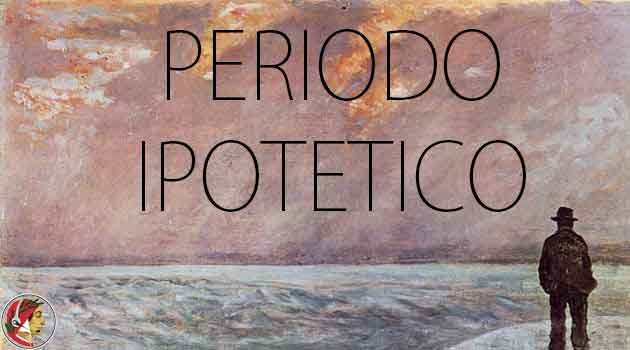Il congiuntivo e il condizionale sono due modi della lingua italiana facili da confondere
Vediamo insieme quali sono le principali differenze e le somiglianze con una breve spiegazione e un quiz.
Ho già scritto alcuni blog e quiz sul congiuntivo e sul condizionale. Leggeteli. Non ripeterò qui le caratteristiche singole di questi due modi della lingua italiana. Vedremo a grandi linee solo le differenze più evidenti. Se avete domande, ne possiamo parlare a lezione su Skype o Zoom.
Solo a prima vista il congiuntivo e il condizionale potrebbero sembrare simili, dal momento che introducono situazioni ipotetiche, ma sostanzialmente sono due strutture estremamente diverse. Non dovete confonderli. Vediamoli insieme in una frase:
- Sarei (condizionale) sempre abbronzato se avessi (congiuntivo) una casa al mare.
In questo caso particolare, il congiuntivo e il condizionale convivono nel periodo ipotetico, dove nella situazione ipotetica di avere una casa al mare (congiuntivo) otterremmo il risultato, la conseguenza altrettanto ipotetica (condizionale) di essere sempre abbronzato.
Possiamo subito notare che il congiuntivo, in generale, si trova in una frase dipendente. Questo significa che non troveremo (quasi) mai un congiuntivo in una singola frase principale. Ha sempre bisogno di un’altra frase di supporto.
Il condizionale invece può esistere da solo, in una frase principale che in italiano si chiama reggente, perché regge, sostiene altre frasi dipendenti.
Quindi, come regola generale, il condizionale descrive un risultato ipotetico, mentre il congiuntivo descrive una situazione soggettiva.
Il periodo ipotetico è un caso eccezionale dove, come abbiamo visto, condizionale e congiuntivo convivono. Normalmente li troviamo separati, in frasi totalmente diverse.
- Farei sport, ma non ho tempo.
- Credo che Mario lavori troppo.
In questi due casi differenti non possiamo confondere il condizionale e il congiuntivo. Hanno due funzioni totalmente diverse. Avete capito la differenza? Provate il quiz in fondo alla pagina.
Esistono, tuttavia, due casi molto comuni in cui il condizionale e il congiuntivo si sovrappongono, sono alternativi in una frase.
Il primo caso è il seguente:
- Credevo che Mario sarebbe venuto alla festa.
- Credevo che Mario venisse alla festa.
Si tratta del “futuro nel passato“, nelle frasi in cui possiamo solitamente trovare il congiuntivo.
In altre parole, (sabato scorso) credevo che Mario (il giorno dopo) venisse / sarebbe venuto alla festa.
Anche se sembra preferibile usare il congiuntivo imperfetto (venisse), introdotto da un classico “credevo che…”, è meglio usare il condizionale composto (sarebbe venuto), per descrivere una sequenza di azioni nel passato. Vi consiglio di leggere la sequenza dei tempi del congiuntivo e quella dell’indicativo.
Il secondo caso è un po’ più complesso e può confondere.
Quando abbiamo una frase che di solito introduce il congiuntivo (credo che…) possiamo usare anche il condizionale se la frase è enunciativa (= if it’s a statement).
- Sarebbe bello andare in Italia —-> Credo che sarebbe bello andare in Italia.
In questo caso voglio dire “I think it would be nice…”, quindi posso usare il condizionale.
In genere, è possibile con “credere che…”, “pensare che…” e in pochi altri casi che confermano la frase enunciativa, con il condizionale.
L’uso del condizionale e del congiuntivo con “credo che…” è diverso nel significato.
- Crediamo che tu saresti un ottimo cuoco. (è una possibilità)
- Crediamo che tu sia un ottimo cuoco. (è la nostra opinione)
Bene. E’ tutto per oggi. Se ho dimenticato qualcosa o se avete domande, scrivetele nei commenti. Provate il quiz e fatemi sapere come va.
LOADING QUIZ...
Ulisse Caputo – Sinfonia – 1914


